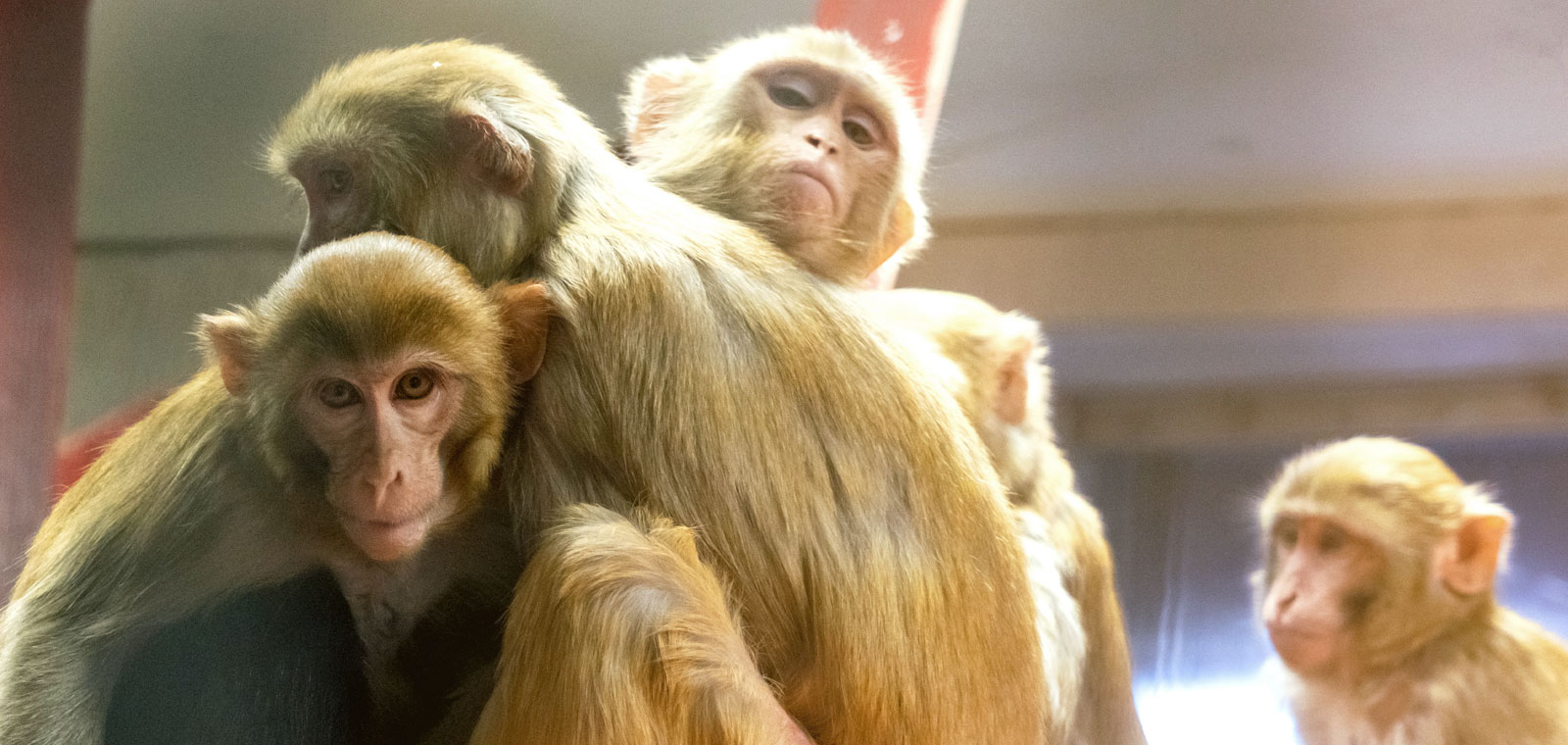
With animal research you won’t win any popularity contests. In addition to this, scientists conducting animal research often only communicate through scientific channels and not in the more accessible media. For most scientists, the research is too complicated to explain to the general public in an understandable way. As a result, a lot of people don’t know how and why laboratory animals are used. They do read about the possibilities of animal-free methods but not about the limitations, making it appealing to believe that animal research is no longer necessary.
Approximately ten years ago, the EU Directive on the protection of animals used for scientific purposes was adopted. This Directive has been implemented in Dutch law and is directed towards the development and application of the 3R’s: replacement, reduction and refinement. Furthermore, the Netherlands has declared at the time they want to be world-leader in animal-free research in 2025.
The Netherlands as world-leader in animal-free research
World-leader doesn’t mean that animal-free research is feasible straight away. This initiative was originally meant to allocate more funds for the development of animal-free methods in order to replace routine screening. Meanwhile, the same initiative is used to convince the public and politicians that all research in animals can be replaced. A petition for an immediate ban on animal research has even been offered to the European Commission recently.
COVID-19
Throughout the country, Dutch scientists of various universities and research institutes stress that the COVID-19 pandemic is showing that, unfortunately, we still have to rely on animal research. Not out of habit as is often said, but because the available animal-free methods have thus far been unable to simulate the complexity of the whole organism. If you would like to read more, please visit the website of Current Biology.
BPRC gladly provides transparency
BPRC has tested four potential vaccines and one drug so far. We are unfortunately not allowed to publicise the results of those experiments. This is not because we do not want to, but because BPRC doesn’t ‘own’ those vaccines and drugs. Therefore, it is not for BPRC to go public with this.

